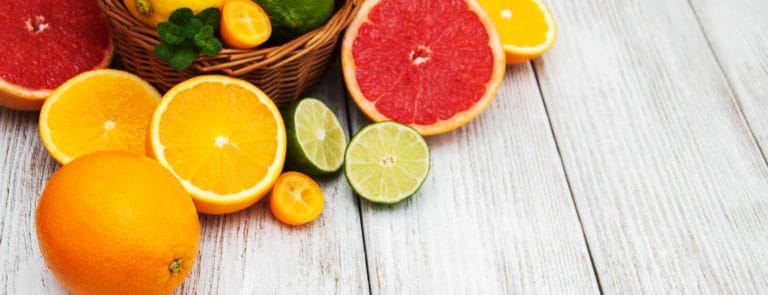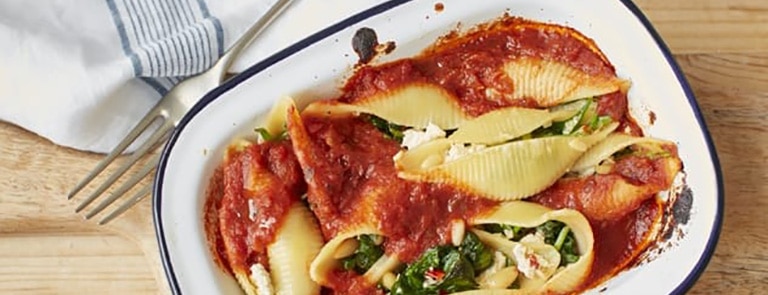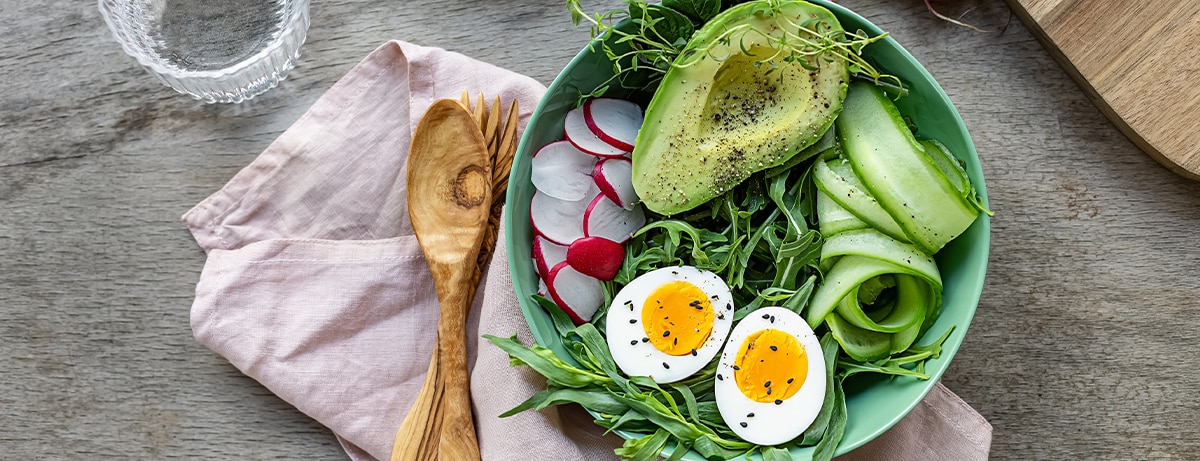10% off £35
Code:SAVE
How much iron is your body absorbing?

Iron is an essential mineral your body needs to function on a daily basis. Once you consume a food or supplement containing iron, it’s used to form a protein in red blood cells called haemoglobin.
Iron is an essential mineral your body needs to function on a daily basis. Once you consume a food or supplement containing iron, it’s used to form a protein in red blood cells called haemoglobin. These red blood cells transport oxygen around your body so your muscles can operate properly.
However, sometimes iron isn’t always effectively absorbed by our bodies, meaning this important mineral isn’t giving your body the fuel it needs.
Shop our Food and Drink range.
This can lead to tiredness, a lack of energy, feeling short of breath and even heart palpitations.1
So what’s the issue? Well, according to research, there are certain types of food that can impact the amount of iron that’s absorbed into your body.2
But before you start the witch hunt to find the culprits, you may want to know what foods you’re looking for.
Handpicked content: Five surprising reasons you’re not getting enough iron
What foods hinder iron absorption?
If you’re nuts about nuts, whole grains, cereal, soy and legumes, you might need to check the packaging for phytate. Just a small amount can significantly decrease iron absorption, with one study finding that eating just 250 mg resulted in 82% of iron not being absorbed. 3,45 Foods rich in calcium have also been found to impact iron absorption, despite it being an essential mineral. Nonetheless, the negative effect of phytate can be counteracted by consuming foods that enhance non-heme iron absorption, such as vitamin C or meat.6 In fact, studies have revealed that just a tiny portion of milk, cheese or calcium supplement can reduce iron absorption by 50-60%.7 But don’t fear, before you ditch the Wensleydale and crackers, it’s still important to consume foods rich in calcium. You may just want to try and limit these types of foods when you’re eating a meal containing most of your daily intake of iron. The same idea of segregation should be applied when taking iron and calcium supplements too.
Tea and coffee are two other examples to look out for. They contain polyphenols, which has been shown to hinder iron absorption.8 To put this into context, drinking just one cup of black tea with a meal reduced iron absorption by 60-70%. Yet if it was consumed in between meals, this percentage drops to just 20%.9
So the good news is that it’s just a matter of timing these food and drinks, instead of discarding them altogether (phew).
What foods help you absorb more iron?
Foods that are high in vitamin C like citrus fruits, dark leafy vegetables, melons, peppers and strawberries all capture non-heme iron, making it easier for your body to absorb it.9 Vitamin A is key as well. You can find this in carrots, spinach, sweet potatoes, squad, kale, cantaloupe, peaches, oranges, apricots and red peppers. One study found that meals containing vitamin A increased iron absorption by up to 200% for rice, 80% for wheat and 140% for corn.10The red-orange pigment found in plants and fruits, beta-carotene, can be turned into vitamin A in your body too. In the same study, adding this into a meal further increase iron absorption by more than 300% for rice and 180% for wheat and corn.11
Food for thought? We think so.
Advice is for information only and should not replace medical care. Please check with your GP before trying any remedies.
Sources
- Mayo Clinic. Iron deficiency anaemia. Available from: https://www.mayoclinic.org/diseases-conditions/iron-deficiency-anemia/symptoms-causes/syc-20355034
- https://www.ncbi.nlm.nih.gov/pubmed/24778671
- https://www.ncbi.nlm.nih.gov/pubmed/20200263
- See source 2
- https://www.ncbi.nlm.nih.gov/pubmed/11029010
- https://www.ncbi.nlm.nih.gov/pubmed/21462112
- https://www.ncbi.nlm.nih.gov/pubmed/1984335
- https://www.ncbi.nlm.nih.gov/pubmed/10799377
- https://www.ncbi.nlm.nih.gov/pubmed/11029010
- See source 3
- See source 3
Related Articles
Shop by wellness goal
Sign up for exclusive offers
Plus, get expert advice to support your health & wellness straight to your inbox when you sign up to Holland & Barrett emails.
Read our
privacy policy














